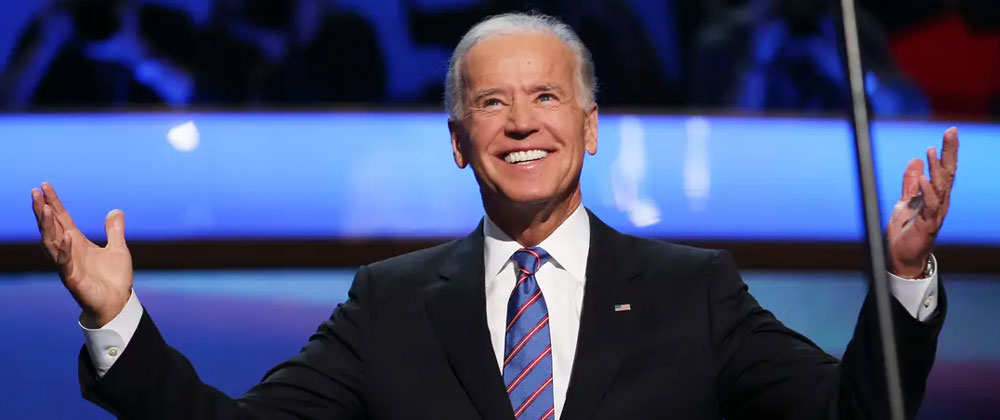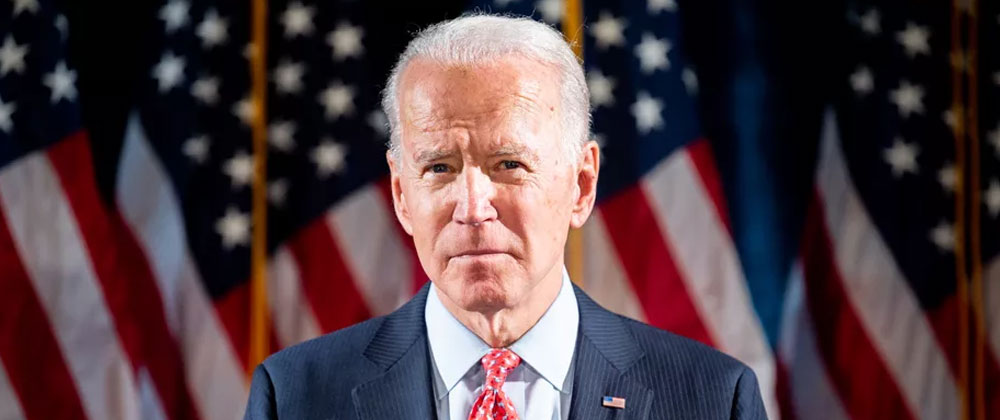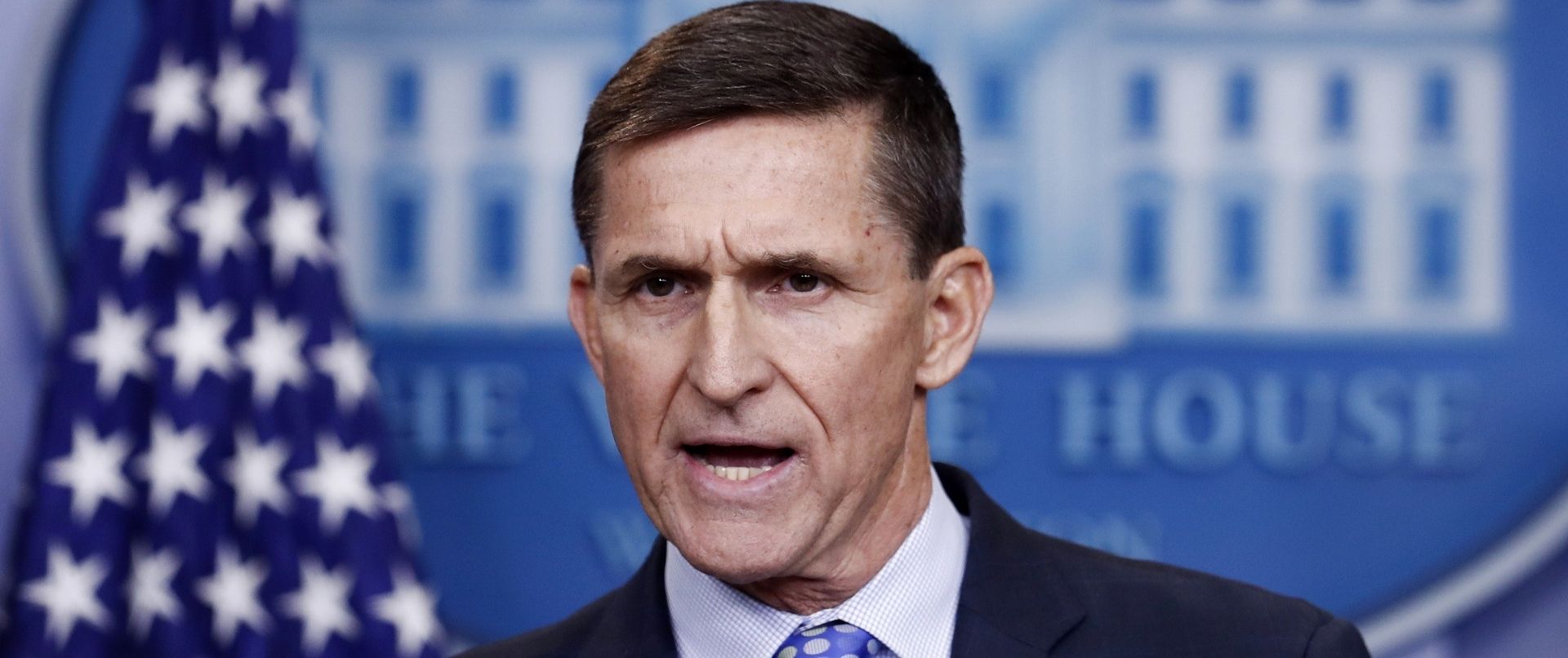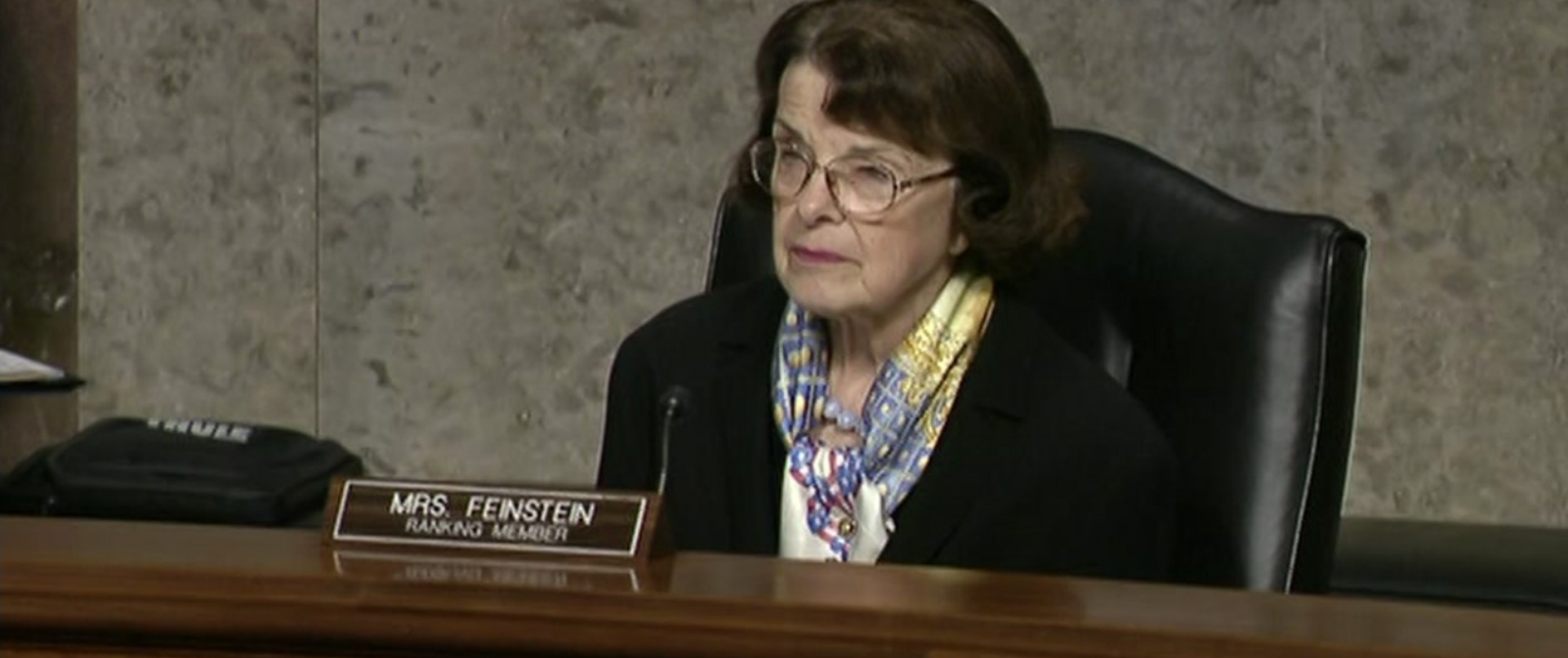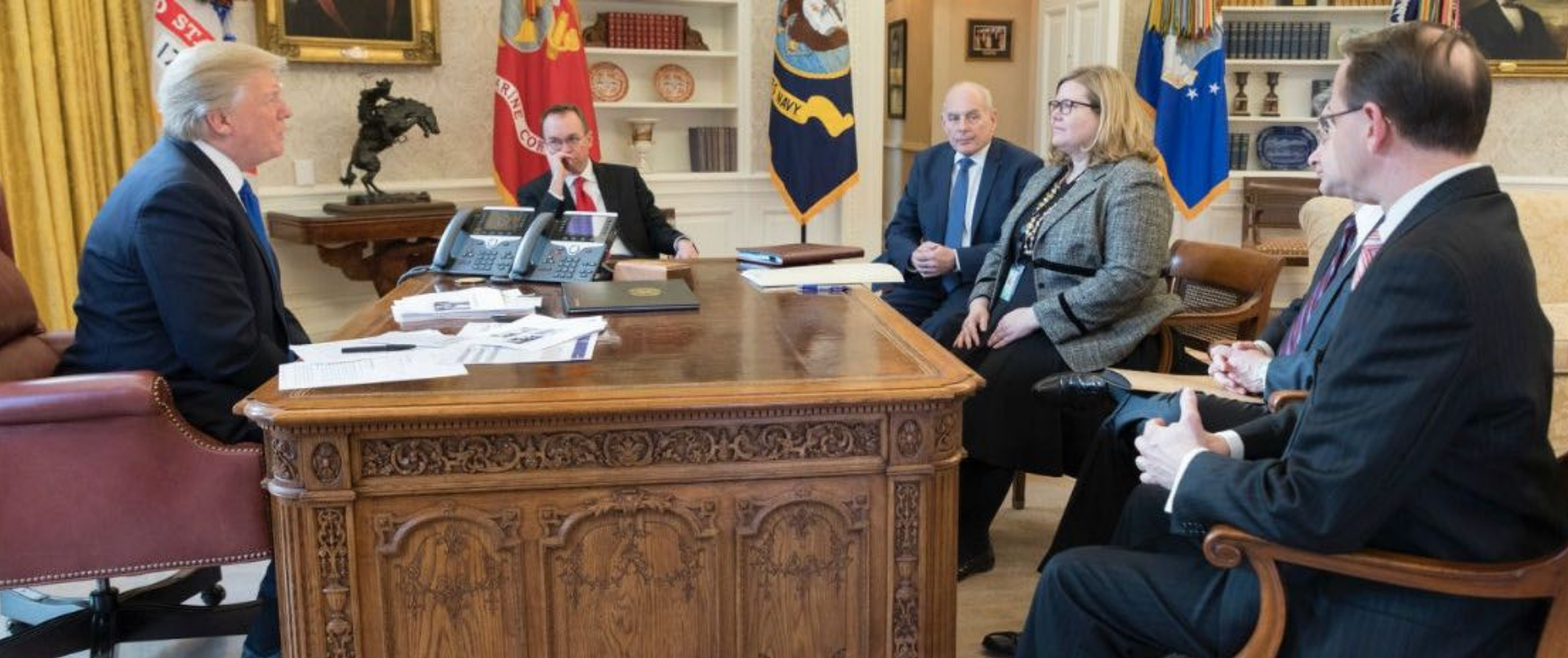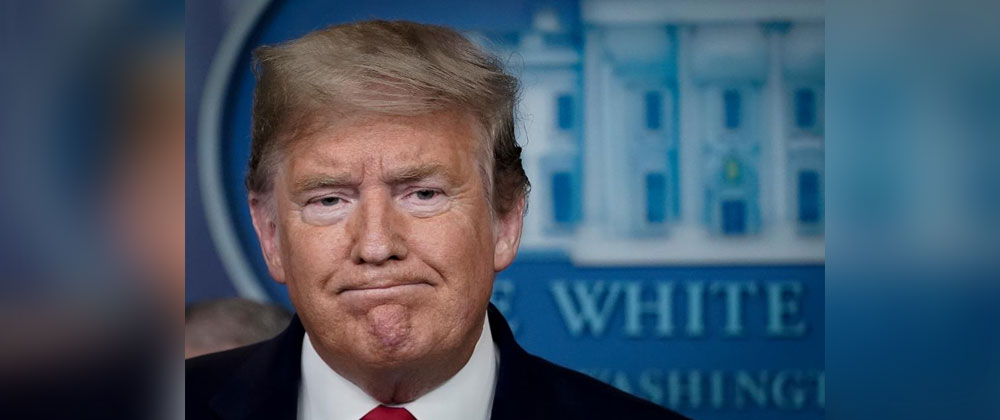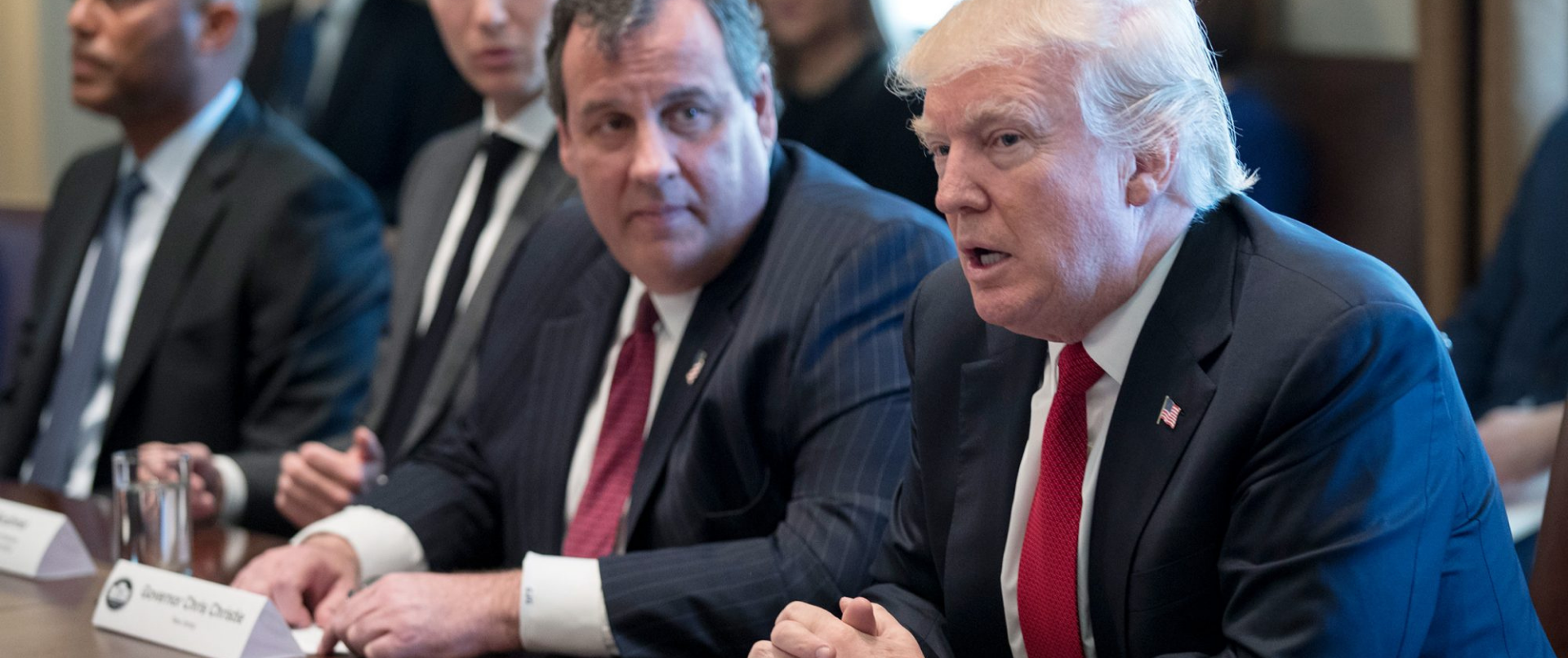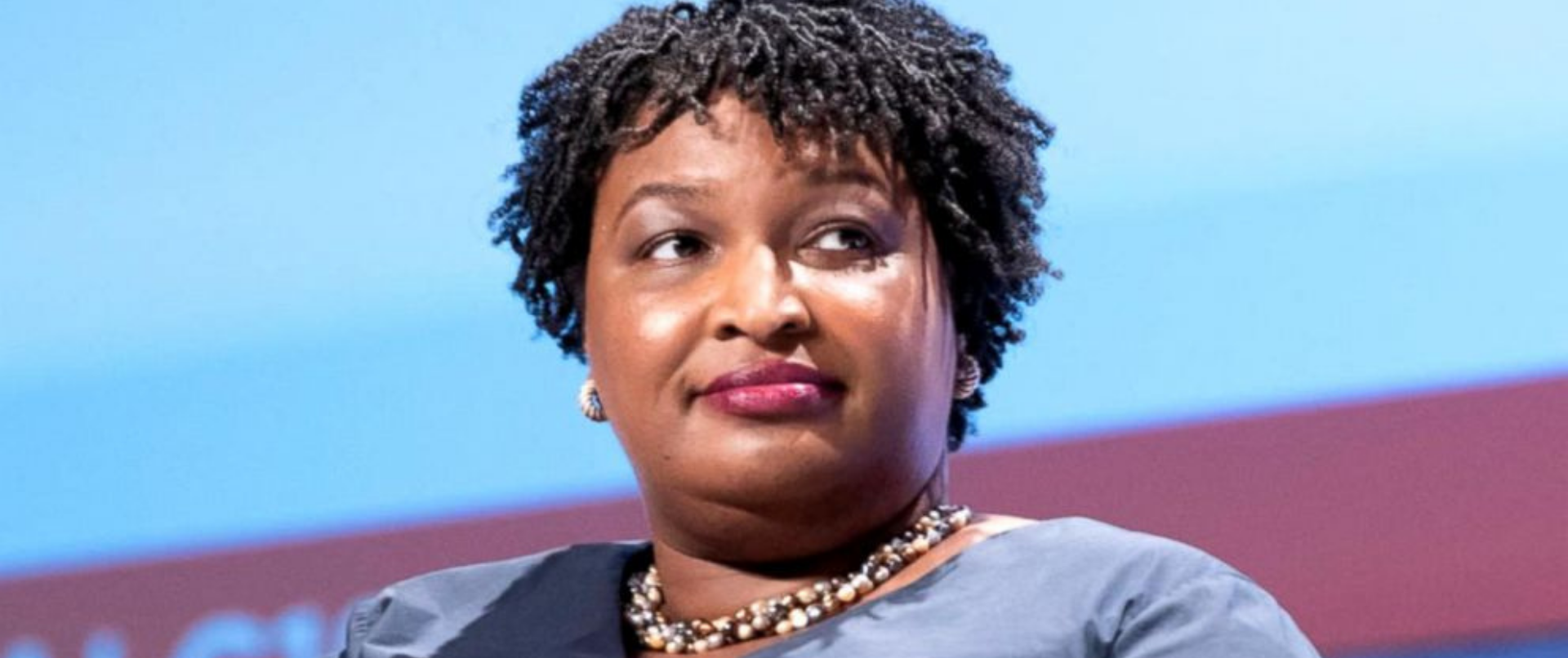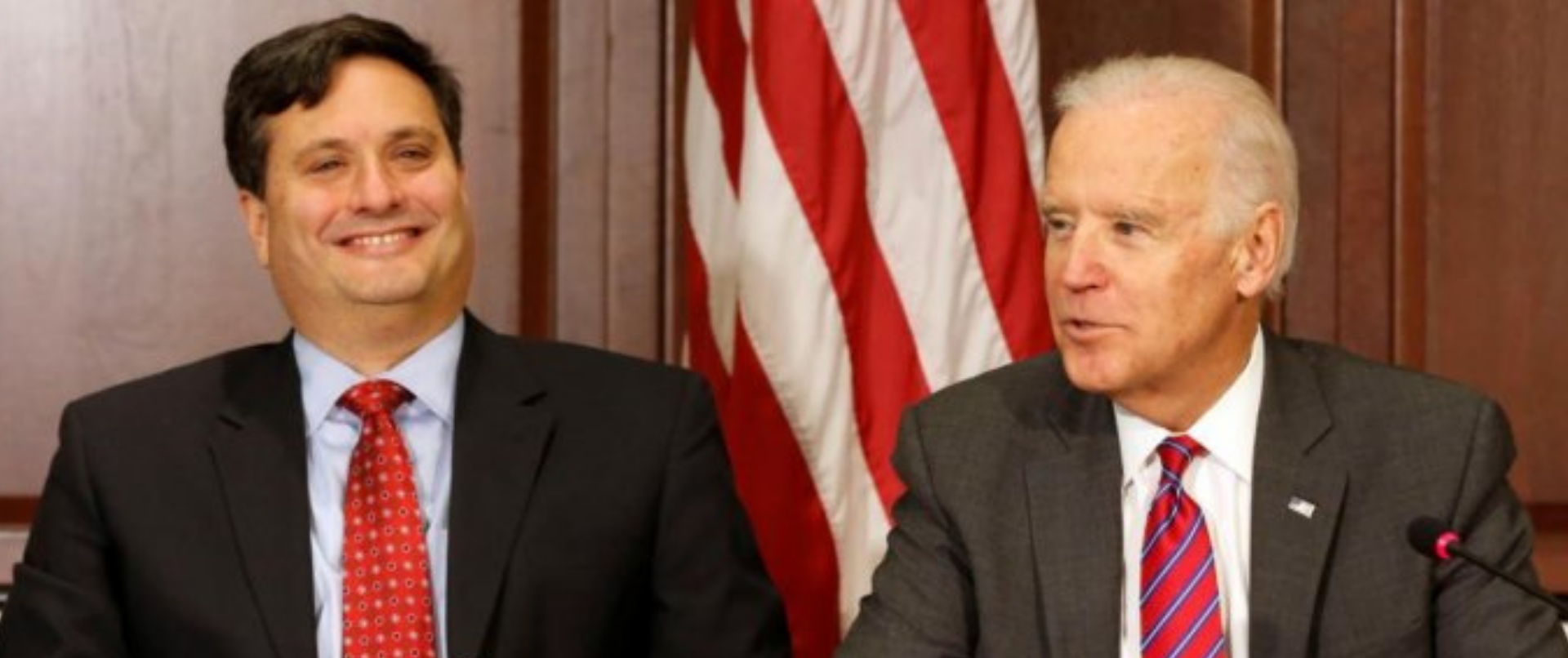Why Is The Department Of Homeland Security Pushing Back On A House Intelligence Probe?
The Department of Homeland Security is asking the House Intelligence Chairman Adam Schiff to reconsider his panel’s expanded investigation into the agency after a whistleblower complaint raised new allegations, while denying his request for 11 additional transcribed interviews.
In a letter Monday, Beth Spivey, the assistant secretary for DHS’s Office of Legislative Affairs, dismissed the broader probe as “unreasonable under the timeframe and circumstances set forth,” questioned whether Schiff’s panel has jurisdiction over all their witness interview requests, needled the probe for being overly broad, and highlighted that the DHS watchdog was probing the manner.
“With respect to the new inquiry, we are unable to engage in the accommodations process without knowing its context, scope, and legislative purpose,” Spivey wrote, according to a copy of the letter obtained by the press.
“In due course, we may provide the Committee with necessary briefings, written responses to questions, and documents. The Committee’s request for the transcribed interviews of at least eleven (11) DHS officials—it is unclear that the Committee has any jurisdiction over several of them—will not be accommodated at this time,” she said.
Spivey added that while DHS “will engage in the accommodations process for a new inquiry, if doing so is proper,” she urged Schiff reconsider his requests as well as identify the context, scope, and legislative purpose of the new probe.
Schiff, in response, has called the refusal to fully cooperate with his panel’s probe “unacceptable.”
Spivey’s letter comes after Schiff on Friday informed Joseph Maher, the top official carrying out the duties of DHS’s under secretary for intelligence and analysis (I&A), of the panel’s move to expand its probe to encompass not only its intelligence activities in Portland, Ore., but also claims of political interference and the politicization of intelligence raised in a new whistleblower complaint.
The complaint filed by Brian Murphy, a career public servant and the former acting under secretary of I&A, alleges there was a pattern of misconduct among top political appointees, who pushed him to alter vetted intelligence assessments to support or match President Trump’s public remarks.
He also alleges that acting Homeland Security Secretary Chad Wolf, under the direction of White House national security adviser Robert O’Brien, instructed Murphy earlier this year to stop producing intelligence reports centered on Russian interference efforts and instead focus on the threats posed by China and Iran.
Murphy, who has been subpoenaed for a deposition on Sept. 21, says he declined multiple orders to alter or modify intelligence products to help support the administration’s agenda, which he claims led to a retaliatory demotion.
“The Committee is continuing to probe I&A’s activities in Portland and in support of the Department’s protests nationwide. … However, based on information that has recently come to light, the Committee’s investigation must now encompass and review a wider range of reported abuses, deficiencies, and problems, including allegations of improper politicization of intelligence and political interference in I&A’s mission and activities,” Schiff said Friday.
Spivey, however, knocked the letter over its lack of details.
“The letter lacks context as well as any mention of legislative purpose or authority; and is apparently unfettered in its scope,” she wrote.
Spivey, as DHS has done previously, also denied the allegations against Wolf, who has been formally nominated to serve as DHS chief.
Schiff on Friday also named 11 officials his panel wants to interview related to the probe, including Horace Jen, who is performing the duties of the deputy under secretary for I&A, I&A chief of staff Matthew Hanna, DHS chief of staff John Gountanis and DHS deputy chief of staff Tyler Houlton.
Spivey said Schiff did not communicate the “basis for which the Committee believes these witnesses would even have relevant information,” which she argued is inconsistent with the tug-and-pull traditions between Congress and the executive branch.
Spivey argued that DHS has devoted significant time and resources to provide the committee information about unrest in Portland, and that the agency will continue to make two DHS officials — Ian Brekke and Jim Dunlap — available for transcribed interviews as part of the committee’s Portland investigation, as previously agreed upon with the panel, but that they won’t address questions related to the expanded inquiry.
Schiff, in response to the DHS’s letter, claimed that this decision reinforces the panel’s concern that the top brass at DHS is trying to hide from scrutiny.
“The Department is trying to have it both ways by making only a select few witnesses available to answer a very narrow set of questions and selectively releasing a small amount of documents in an obvious effort to whitewash serious allegations of misconduct by DHS’s leadership, all while refusing to make available other documents and witnesses who can testify to a broader pattern of misconduct and politicization of intelligence,” Schiff said in a statement.
“The Office of Intelligence and Analysis, an element of the Intelligence Community, is required to cooperate fully by law with the Committee, and this effort to obstruct the Committee’s legitimate oversight will only cause us to press forward with the investigation and consider all options, including compulsory process, to ensure the Department’s full cooperation,” he added.



